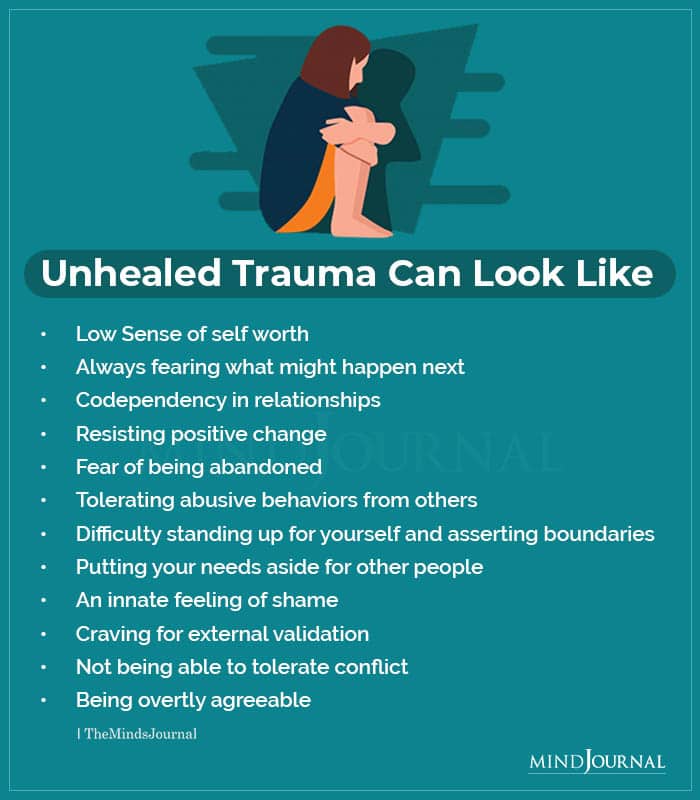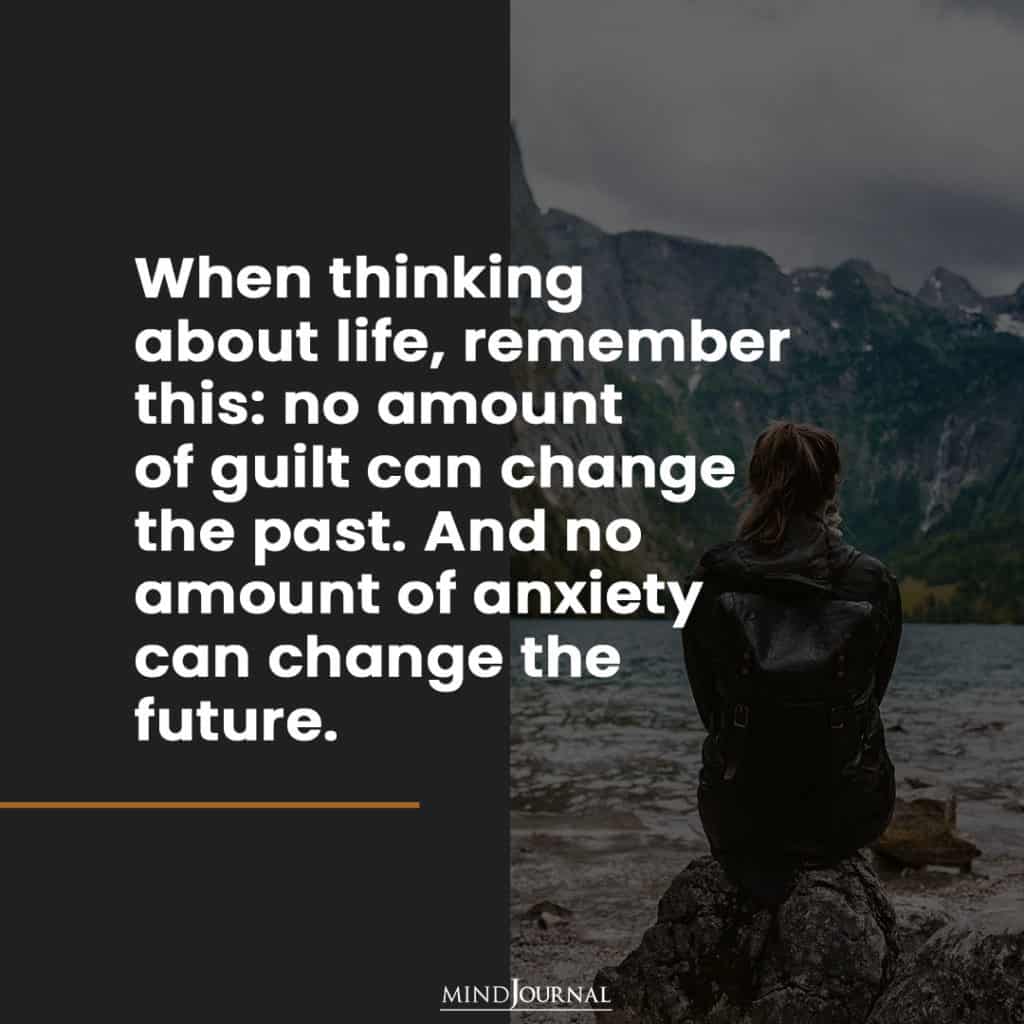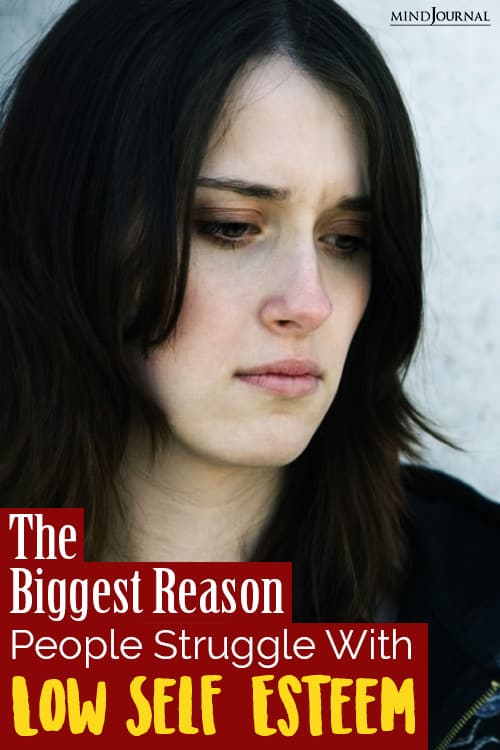Low self-esteem is a big problem in our world. It’s estimated that 85% of people struggle with it. Why is that? You can google what causes low self-esteem and find articles with lists of varying reasons. However, most of these can be combined into one. This one single thing is the biggest reason people struggle with low self-esteem.
If the single biggest reason is your reason, then dealing with it will help you end your struggle.
Big List Of Reasons People Have Low Self-Esteem
I don’t claim this list of reasons is exhaustive. It’s a collection of what I found in my search from the varying lists for why people struggle with low self-esteem.
- Disapproving authority figures (parents, teachers, pastors…)
- Inattentive, uninvolved, preoccupied caregivers
- Constant strife/fighting by parents or caregivers
- Bullying
- Belief systems from disapproving authority figures
- Verbal abuse
- Emotional abuse
- Sexual abuse
- Domestic abuse
- Childhood Trauma
- CEN
- Trauma
- Academic challenges without help or support
- Parenting style
- Fatherlessness
- Life experiences
- Comparison
- Discrimination
- Society/Media projecting unrealistic body image
- Harassment
- Humiliation
- Negative thought patterns
- Ongoing medical problem
- Financial trouble
- ACEs
- Divorced parents
- Guilt or shame over previous poor choice/mistake
- Spiritual attack
- Genes/temperament
- Mental illness
Thirty reasons are kind of a lot don’t you think? Can you identify with any of them? What if I told you that only the last three on that list are exempt from the single biggest reason?
Related: What is Self-Esteem ?
The Big Umbrella Reason For Low Self-Esteem – Trauma
Every single one of the reasons numbered 1-27 either directly, or indirectly, share the same root. Some are obvious while others are hidden. The big umbrella that covers them all is called trauma.
Take a look at the list again with trauma in mind and see where you recognize, or fail to recognize the connection.
Do you dismiss any of them? Maybe the one you relate to? The ones that say trauma or abuse is easy to validate while the others are often dismissed or diminished.

Related: What is Self-Esteem And How To Raise It?
Deeper Look
Let’s take a deeper look at the “others” and find how trauma can be at the root of low self-esteem. More often than not, this root of trauma occurred during childhood.
1. Disapproving authority figures (parents, teachers, pastors…).
There can be a varying degree of “disapproval” as well as the frequency of it. A single disapproving look or word may or may not cause trauma. But a child that is repetitively disapproved of takes it personally.
They internalize that they’re not good enough. More severe disapproval may come through demeaning words, name-calling, and such, which ends in the same result of removing the child’s perception of value. Removal of a sense of inherent value is traumatic to the core.
2. Inattentive, uninvolved, preoccupied caregivers.
A caregiver can be a parent, teacher, doctor, nurse, etc. who by definition are supposed to be giving care or attention to the child. When this care is missing it is emotional neglect causing the child to feel invisible and without value. Resulting in low self-esteem See the trauma?
3. Constant strife/fighting by parents or caregivers.
When a child is surrounded by strife by those who are entrusted with their care it removes their sense of safety. When a child loses a sense of safety they feel endangered and it triggers the fight/flight/freeze response. Living in a constant state of being triggered affects the nervous system by sending it into a persistent state of reactivity. This kind of trauma causes genetic changes to occur in the brain.
4. Bullying.
The degree of trauma this inflicts is subject to how secure a child is when it occurs, if they stand up for themselves or not, and if they get proper support from someone else. Ongoing bullying can have the same effect as listed in #3.
Read Kids and Bullying: 5 Things To Talk About
5. Belief systems from disapproving authority figures.
These are the result of the trauma explained above.
6. CEN (Childhood Emotional Neglect*).
I call this trauma “the invisible wound” because so many people are unaware they have been injured in this way. This is caused by something that went missing that ought to have taken place.
7. Academic challenges without help or support.
Having academic challenges isn’t traumatic all by itself. What causes the trauma is what comes next. Is the child belittled, ignored, or helped. The first two will cause trauma while the latter might avoid it.
8. Parenting style.
Abusive, inattentive, disapproving, emotionally unavailable parents traumatize their children resulting in low self-esteem.
Read 4 Types Of Parenting Styles In Psychology: What Kind Of A Parent Are You?
9. Fatherlessness.
This delivers a trauma that is oftentimes overlooked but can be avoided or lessened if another father figure steps in to support.
10. Life experiences.
Trauma is personal and there are so many things that can happen in life to a child, or adult that strips their sense of safety and value.
11. Comparison.

Insecurity is what causes comparison. Something negative happened to reduce a person’s sense of value (trauma) for them to compare themselves to others and come up short.
Read How Smartphones and Social Comparison are Making Us Unhappy?
12. Discrimination.
Being selectively set aside screams that “you have no value”. When this happens repetitively it buries that lack of value deep in the psyche.
13. Society/Media projecting unrealistic body image.
It works in a similar way as discrimination and comparison. Add in some parenting styles and/or bullying to see how deep this trauma goes.
14. Harassment.
Can be a form of blatant abuse, bullying, and/or discrimination.
Read How To Boost Your Self-Esteem Quickly: 12 Simple Tips
15. Humiliation.
There are so many ways this can take place. Without immediate follow-up of support, trauma will result.
16. Negative thought patterns.
Unless they stem from temperament or mental illness they have an origin in some form of trauma in this list.
17. Ongoing medical problem.
A medical problem in itself can be traumatic. But when a person feels bad about themselves for not being able to overcome it, they believe it’s their fault. Belief systems are addressed above.
18. Financial trouble.
Financial trouble can happen for many reasons and sometimes is traumatic in and of itself. But when a person feels bad about themselves for it, their trauma root is in their belief system.
19. ACEs (Adverse Childhood Experiences**).
Similar to CEN many people are unaware of ACEs and so fail to recognize, deal with, and overcome the trauma it causes.
20. Divorced parents.
Divorce, no matter how amicable, is traumatic. Oftentimes, if not every time, a child blames themselves. Subsequently, they diminish their own value and form a negative belief system.
Read How You Love Differently When You’re A Child of Divorced Parents
21. Guilt or shame over previous poor choice/mistake

Self-condemnation is rooted in poor belief systems. The good news is that no matter where you find yourself on this list there’s hope. You can heal from trauma and build a healthy sense of self.
Please share this article with anyone who you may think will find it valuable and helpful. For what you can do about your trauma click here
Written by: Danielle Bernock Originally appeared on: Daniellebernock.com Republished with permission











Leave a Reply